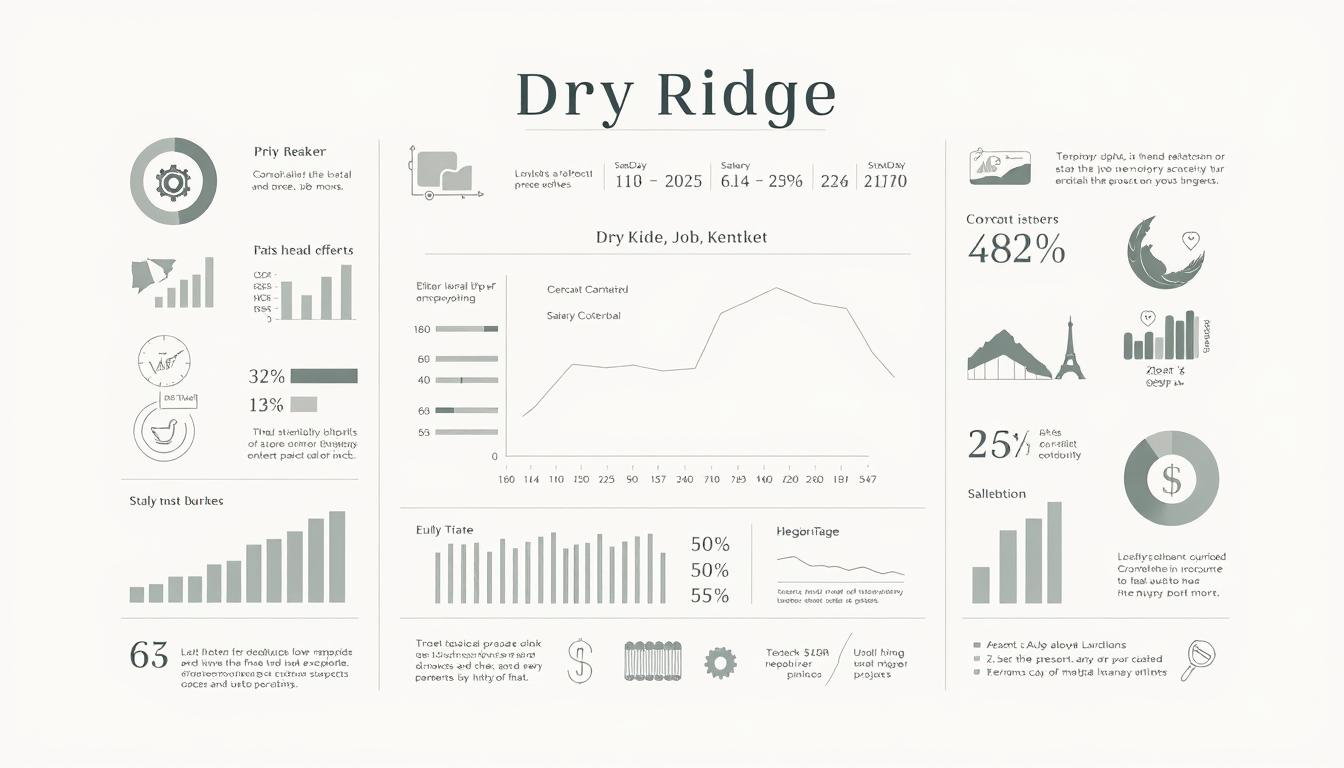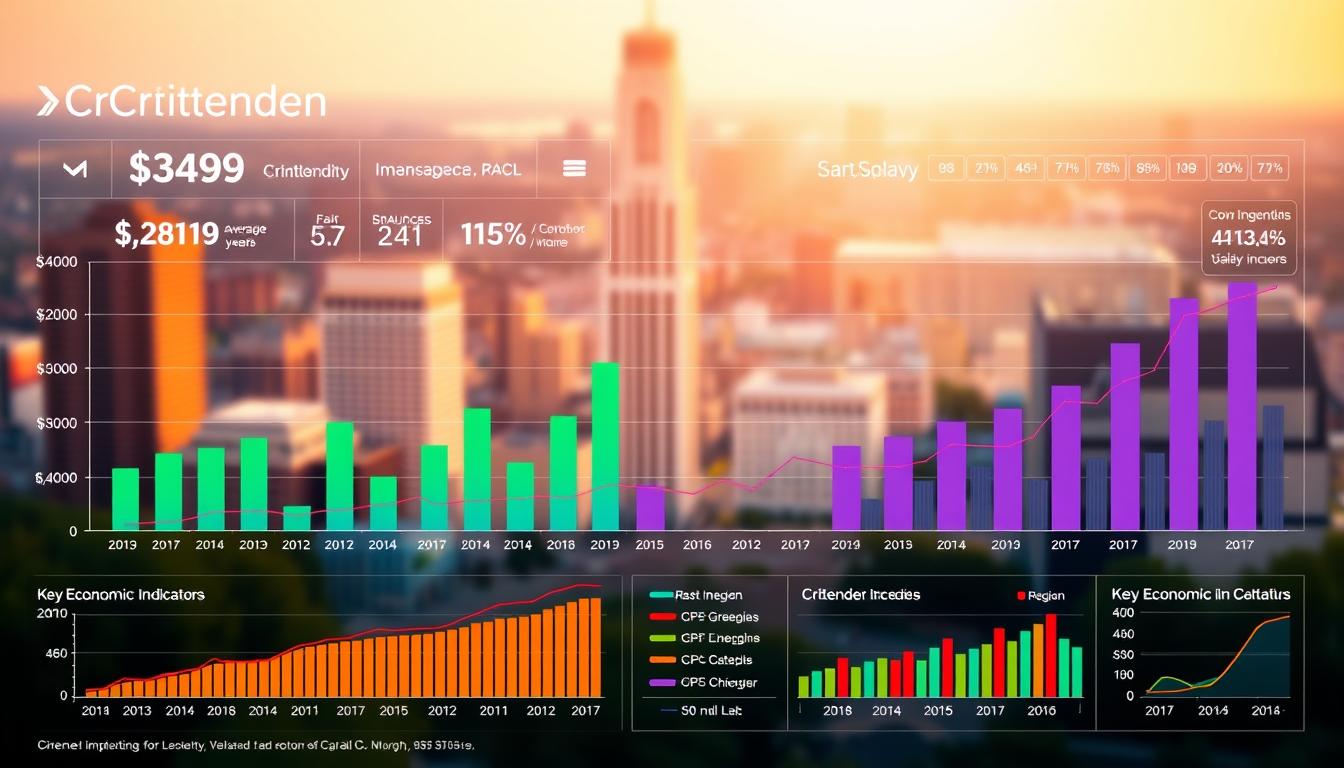Over 2.9 million Americans currently work as office clerks – more than the populations of Chicago and Dallas combined. With steady 3% projected growth through 2024, these roles remain critical to businesses nationwide. But here’s what career sites won’t tell you: 53% of applicants get rejected for lacking modern application strategies.
This guide reveals how to stand out in administrative roles paying $31,800+ annually. You’ll learn to combine traditional skills like file management with AI-powered tools that accelerate your job search. Discover how platforms like RoboApply transform resume writing and application tracking through features like:
- Smart formatting for industry-specific resume examples
- Real-time analysis of key office clerk competencies
- Automated job matching across major boards
While high school diplomas meet basic requirements, today’s competitive market demands more. We’ll show you how to highlight technical proficiencies in MS Office Suite and CRM platforms – skills that 68% of hiring managers prioritize. You’ll also master interview techniques that demonstrate multitasking abilities without sounding rehearsed.
Key Takeaways
- Administrative roles require updated technical skills alongside traditional organization abilities
- Specialized tools can reduce application time by 40% through automation
- Certifications in office software increase earning potential by 12-18%
- Networking accounts for 35% of successful job placements in this field
- Customized resumes outperform generic templates by 3:1 ratio
Understanding the Office Clerk Role in 2025
Administrative professionals now manage 73% more digital workflows than in 2020, reshaping core office clerk tasks. Your daily work will blend traditional organization with tech-driven solutions, from cloud document management to coordinating hybrid meetings.
Typical responsibilities include:
- Processing digital/paper correspondence using secure filing systems
- Updating CRM platforms and maintaining client databases
- Preparing reports using tools like Excel or Google Sheets
Industry specialization matters. Healthcare settings require HIPAA-compliant recordkeeping, while education roles focus on student data management. Leading staffing agencies confirm 42% of employers now seek clerks with sector-specific certifications.
You’ll act as the operational hub for your team, ensuring smooth information flow between departments. Strong communication skills prove vital when explaining billing details to vendors or assisting colleagues with scheduling conflicts. Modern hiring managers prioritize candidates who demonstrate:
- Adaptability to new software (85% of job postings)
- Discretion with sensitive documents (67% requirement)
- Multitasking across phone, email, and in-person requests
Pro Tip: Study industry-specific resume examples to align your skills with employer needs. Legal offices value contract management experience, while retail positions emphasize inventory tracking abilities.
Essential Resume Tips for Office Clerk Jobs

Your resume is the gateway to administrative opportunities. Start with technical skills at the top – list Microsoft Office mastery, CRM navigation, and typing speed (65+ WPM preferred). Use RoboApply’s AI builder to auto-format these competencies for applicant tracking systems.
Structure your experience section with quantifiable achievements:
- Processed 120+ weekly invoices with 99% accuracy
- Managed 15+ daily client calls using VoIP systems
- Organized 500+ digital files across cloud platforms
Highlight transferable skills from retail or service roles. Customer service experience becomes “resolved client inquiries via multi-channel support.” Team projects transform into “coordinated cross-departmental scheduling.”
In your education section:
- High school diploma (required)
- Office Administration Certificate (optional but valuable)
- Google Workspace training (differentiator)
Review data entry clerk resume examples for industry-specific phrasing. Customize keywords like “records management” or “document processing” based on job descriptions.
Pro Tip: Use RoboApply’s real-time analysis to check for consistency in dates, headers, and verb tenses. These details prove your organizational skills before the interview starts.
Developing Key Office & Administrative Skills
Modern administrative roles demand balanced expertise in both human interaction and digital systems. Let’s break down practical methods to build competencies that make you indispensable in any workplace.
Building Administrative and Communication Skills
Start with daily simulations of real office tasks. Practice drafting professional emails using templates from platforms like HubSpot. Record mock phone calls to refine your tone and clarity. Shadow experienced colleagues during client meetings to observe conflict resolution techniques.
Enroll in LinkedIn Learning’s “Business Writing Fundamentals” course to master formal correspondence. For verbal skills, join Toastmasters International to practice presentations. These efforts help you handle diverse stakeholders confidently.
Enhancing Organizational and Technical Competencies
Create a personal workflow system using Trello or Asana. Track mock projects with deadlines to improve time management. Implement color-coded filing for digital documents – a technique 74% of hiring managers value.
Boost technical abilities through certifications like Microsoft Office Specialist or Google Workspace Admin. Practice spreadsheet formulas daily using ExcelJet’s free tutorials. Many community colleges offer affordable courses in database management systems like Salesforce.
Pro Tip: Use RoboApply’s skill-assessment tools to identify gaps in your organizational skills. Their analytics compare your abilities against current job market requirements, suggesting targeted improvements.
How to Land a Office Clerk Job in 2025

Focus your efforts on high-growth sectors like healthcare and education. These fields offer 22% higher starting wages for clerical roles compared to retail positions. Use tools like RoboApply’s job tracker to identify openings in electronic health record management or student services coordination.
Develop a multi-channel application strategy. Combine automated submissions through browser extensions with personalized follow-ups using CRM templates. One candidate secured three interviews weekly by applying this hybrid approach.
Build professional connections through industry-specific groups on LinkedIn. Attend virtual events hosted by administrative associations to meet hiring managers. Share success stories about streamlining office workflows during conversations.
Time your applications around quarterly budget cycles. Many organizations increase hiring during fiscal year transitions. Apply 2-3 weeks before these periods to get ahead of competitors.
Highlight cross-industry adaptability in your materials. Showcase experience with legal document formatting or corporate inventory systems. This versatility makes you valuable across multiple sectors.
Target both small businesses and enterprise-level companies. Smaller teams often provide hands-on training opportunities, while larger firms offer structured career paths. Tailor your resume accordingly for each environment.
Interview Preparation Strategies
Nailing the interview requires strategic preparation tailored to administrative roles. Start by researching the company’s workflow systems and communication culture. Employers want candidates who understand their operational needs and can adapt quickly.
Anticipating Common Office Clerk Interview Questions
Prepare concise stories that demonstrate your problem-solving abilities. For behavioral questions like “Describe a time you managed conflicting deadlines,” use this structure:
- Situation: “Supported 12 departments during tax season”
- Action: “Created priority matrix for document processing”
- Result: “Met all deadlines with 100% accuracy”
Technical questions often focus on software proficiency. Practice explaining how you’ve used Excel functions or CRM tools to improve efficiency. RoboApply’s interview coach provides mock sessions with real-time feedback on your responses.
Leveraging Interview Coaching Techniques
Record practice answers to assess your tone and clarity. Focus on showcasing how you support team success through statements like:
“I implemented a shared calendar system that reduced scheduling conflicts by 40% for colleagues.”
For situational questions about handling sensitive data, emphasize protocols you’ve followed. Mention specific training like HIPAA certification if applicable. Close strong by asking about professional development opportunities – it shows long-term commitment.
Pro Tip: Use video analysis tools to eliminate filler words and maintain eye contact. 78% of hiring managers report these details influence final decisions.
Certifications and Training Recommendations
Advancing your administrative career requires strategic credential choices. Specialized certifications boost earning potential by 12-18% while making you stand out in applicant pools. Combine formal education with practical skill-building to meet evolving workplace demands.

Recommended Office Administration Certifications
Prioritize credentials that align with common job requirements. The Microsoft Office Specialist (MOS) certification validates expertise in Word, Excel, and Outlook – tools used daily in 89% of clerical roles. For leadership-track positions, the Certified Administrative Professional (CAP) program covers advanced communication and workflow optimization.
Financial-focused roles benefit from:
- QuickBooks certification for invoice processing
- Certified Bookkeeper (CB) designation for payroll tasks
Those supporting project teams should consider the CAPM credential. Community colleges offer affordable programs combining classroom training with hands-on practice using CRM platforms.
On-the-Job Training and Course Opportunities
Many employers provide tuition reimbursement for relevant coursework. Pursue an associate degree in business administration through night classes or online programs. Local institutions like Wake Tech Community College offer six-month certification roadmaps focusing on:
- Records management systems
- Advanced spreadsheet functions
- Data privacy protocols
Supplement formal education with micro-courses from LinkedIn Learning. Focus on emerging areas like AI-assisted scheduling tools or cloud-based filing systems. Industry surveys show 63% of hiring managers prefer candidates who proactively update their technical skills.
Pro Tip: Pair certifications with real-world practice. Volunteer for cross-training opportunities in accounting software or project coordination to reinforce classroom learning.
Utilizing RoboApply Tools for Job Success
Modern tools transform how candidates approach clerical roles. RoboApply’s AI-powered features help you craft targeted applications while saving hours weekly. These solutions address critical pain points in document preparation and submission processes.
Smart Document Customization
The platform’s resume builder analyzes job descriptions to suggest relevant skills. For cover letters, it generates personalized content using your work history. Review professional data entry cover letter examples to maintain consistency across materials.
Automated Application Systems
RoboApply’s Chrome extension scans LinkedIn and Indeed for matching office positions. It auto-fills forms using your profile data and tracks submissions through a dashboard. This reduces manual errors while ensuring 100% ATS compliance.
Combine these tools with strategic networking for optimal results. Update your profiles weekly and let automation handle repetitive tasks. You’ll focus energy where it matters – preparing for interviews and negotiating offers.
FAQ
What qualifications do I need for office clerk jobs in 2025?
Most roles require a high school diploma, but employers increasingly prefer candidates with certifications in office administration or Microsoft Office Suite. Experience with billing software like QuickBooks or ATS platforms boosts competitiveness.
How can I make my resume stand out for office clerk roles?
Highlight technical skills like data entry speed (e.g., 75+ WPM) and software proficiency. Use metrics like “Reduced filing errors by 30%” to demonstrate organizational impact. Tailor your resume with keywords from the job description for ATS compatibility.
What interview questions should I prepare for office clerk positions?
Expect behavioral questions like “Describe a time you managed conflicting deadlines” and situational prompts such as “How would you handle an upset client call?” Practice examples showcasing problem-solving, attention to detail, and collaboration with colleagues.
Are certifications worth pursuing for office administration careers?
Yes. The Certified Administrative Professional (CAP) and Microsoft Office Specialist certifications validate your skills. Healthcare offices often value specialized training in HIPAA compliance or medical billing systems.
How can technology tools improve my job search success?
Platforms like RoboApply’s AI resume builder optimize content for specific roles. Their Auto-Apply Chrome extension streamlines applications, while ATS scanners ensure your materials meet employer system requirements.
What soft skills are critical for modern office clerks?
Prioritize time management for meeting deadlines, active listening for customer service interactions, and adaptability when handling workflow changes. Develop conflict resolution techniques for team collaboration challenges.


















